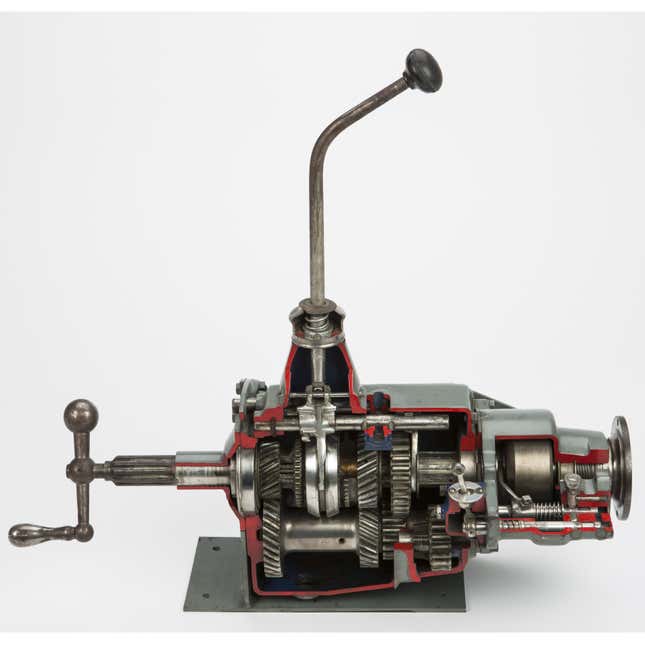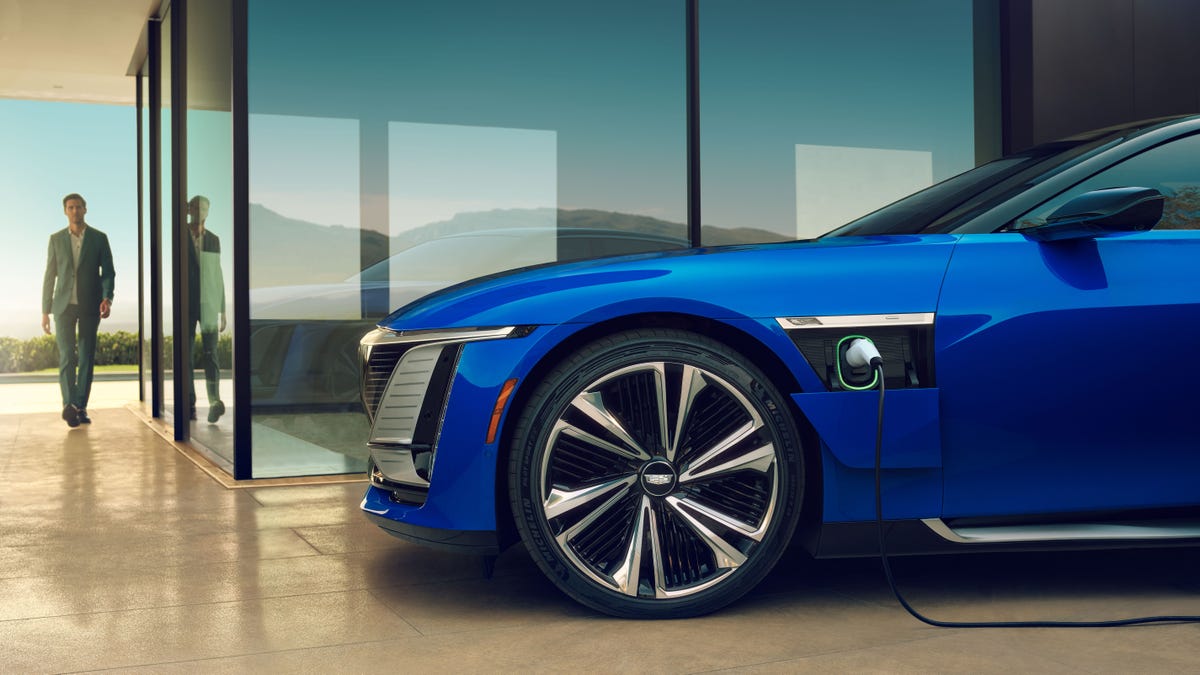After worries about charging and range anxiety, the biggest issue many car fans have with electric vehicles is that they’re no fun to drive. They argue that one-pedal driving, regenerative braking and no real gearbox to play with makes them soulless. Now, General Motors is hoping to change that and convert you to its electric way of thinking.
The American automaker is reportedly working on a clutch pedal for electric vehicle transmissions, reports Motor Authority. The project follows similar steps to increase EV engagement from Hyundai and Lexus, which both previously outlined plans for manual EVs.
According to patents filed by GM, the company plans to develop a new type of clutch actuation for its future electric models, which would improve the transmissions found in high-performance electric vehicles. As the site explains:
In this document, GM discusses using a hydraulic actuator to operate a clutch in automatic transmissions used in electric cars. A controller would vary the pressure of the fluid in the actuator, which in turn would move a piston that would open or close the clutch depending on what the controller determines is best in a given scenario.
This setup would be simpler than conventional automatic transmissions, something enabled by an electric motor’s need for fewer gearshifts, GM states in the patent filing. It would also avoid “instabilities at the electric motor” inherent in other types of clutch actuation, according to GM.

The patent, which was published earlier this month, explains that the new clutch would improve “efficiency and performance” of GM’s future electric models as it would give the driver “precise control over the clutch operation,” reports GM Authority.
Having additional control over the transmission attached to an electric motor would allow drivers to make real-time adjustments to their cars and would ensure much smoother gear shifts in some models.
However, it’s important to remember that just because GM has patented the tech doesn’t mean that it’s definitely going to appear in future electric models. After all, the number of manual cars offered in the U.S. is always on the decline, and sales of cars fitted with a stick have also been turbulent in recent years.

